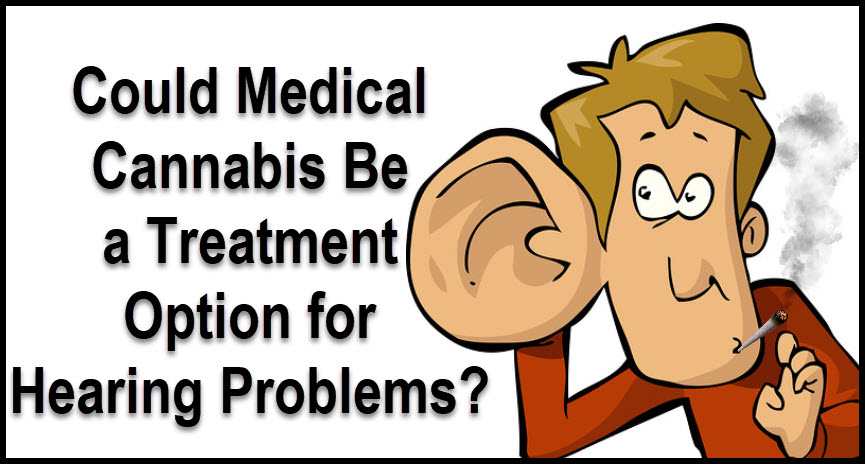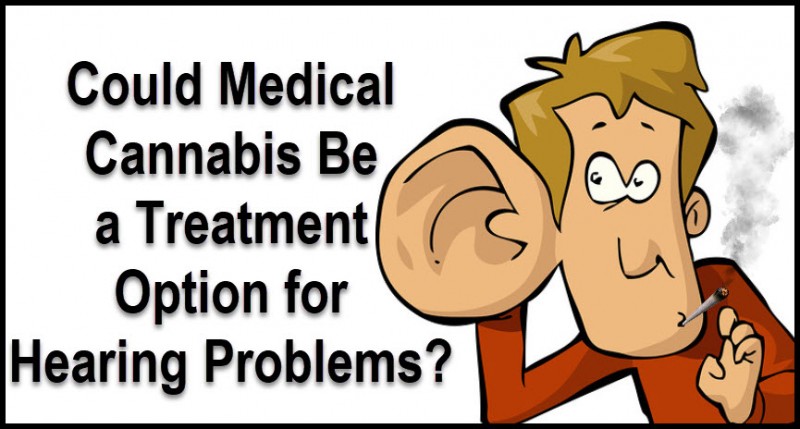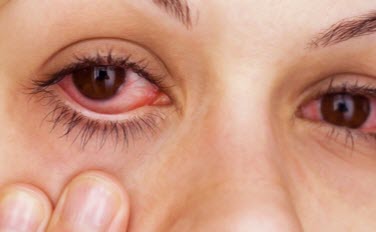Could Medical Cannabis Be a Treatment Option for Hearing Problems?

Hearing loss is something that affects many people, especially as they start to reach their senior years. Whether caused by age, damage, disease or some combination of the three, hearing problems like tinnitus continue to plague many. This can lessen the enjoyment of your golden years.
Medical cannabis is growing in popularity as a treatment for everything from pain to nausea and even cancer symptoms. Could it be the answer that people dealing with hearing loss have been looking for? Can cannabis treat hearing problems?
States Legalizing Medical Cannabis
Right now, 33 states have legalized cannabis for medical uses, and more are joining the movement every year. Medical marijuana has a variety of applications, and doctors are recommending it for everything from chronic pain and nausea to muscle tremors and Parkinson's disease to varying effects. While there may be no proof that cannabis cures cancer, the stereotypical munchies caused by the THC have a positive impact on those who have no appetite due to radiation or chemotherapy.
While we hear a lot about the marvelous benefits of medical cannabis, one subject that isn't broached as much is whether or not this treatment is effective for hearing loss and its various causes. Recent studies may change that opinion, however.
Hearing Loss and Its Effects
Age-related hearing loss is more common than you might think. Roughly one-quarter of people between the ages of 55 and 65 have some hearing loss, and half of senior citizens over the age of 65 deal with the same. You might think losing your hearing is just part of getting old, but it doesn't have to be.
Hearing loss can negatively affect your quality of life, causing you to miss out on experiences, conversations and events you otherwise may have enjoyed. It can even make simple tasks, like going for a walk, dangerous because you can't hear the world around you.
Ringing in the ears, otherwise known as tinnitus, is one of the most common causes of hearing loss. It isn't considered a disease, making it more challenging to treat. The trick with managing tinnitus is that you need to address the underlying causes, which is where medical cannabis comes in.
Treating the Underlying Causes
New studies are emerging that showcase medical cannabis as a potential treatment for tinnitus and related hearing loss.
First, cannabis helps by boosting the immune system. Many of tinnitus' underlying conditions, from ear infections to benign tumors, are caused by issues with the individual's immune system. Cannabis — or more specifically, CBD, the non-psychoactive component of the cannabis plant — helps to boost the immune system.
Many cases have proven how effective medical cannabis is at treating epilepsy and other seizure disorders, especially those that don't respond to any other medication or treatment. One pharmacological way to treat tinnitus is with epilepsy drugs that affect specific potassium channels in the brain.
According to a 2015 study, both epilepsy and tinnitus are caused by overly excited cells in the brain flooding the tissue with an overload of signals. This can result in seizures or the phantom ringing in the ears classified as tinnitus. One 2016 study even called this form of hearing loss a kind of sensory epilepsy that could benefit from CBD or medical cannabis as a whole.
For those that are worried about the psychoactive component of cannabis, THC, many of these treatments are effective utilizing CBD by itself.
Combating the Threat of Ototoxic Drugs
Modern medicines are available for just about everything, but in some cases, the side effects are worse than the condition they're treating. We're talking about ototoxic medications. If you break the word down, ototoxic means "ear poisoning," and these medications can cause temporary or permanent hearing loss. Even some of the drugs that doctors use to treat tinnitus, from lidocaine to prednisone, are considered ototoxic.
Replacing some of these medications with cannabis, at least when it comes to the treatment of hearing loss, could help improve both hearing and quality of life for these patients.
It is important to note that ototoxicity is often reversible when patients stop taking the specific medicine. However, cannabis could give them the tools to avoid even temporary hearing loss.
The Future of Hearing Loss Treatments
While two-thirds of the country has legalized cannabis for medical applications, the drug is still listed as a Schedule 1 substance by the federal government, making it illegal. This means it's in the same class as dangerous drugs like cocaine and heroin and that studies are limited. Still, the few studies that have emerged are promising and show that cannabis could be an effective treatment for various forms of hearing loss. It may not treat it directly, but it addresses the underlying causes that until now have been so difficult to treat.
Medical cannabis may not yet be effective for hearing loss caused by physical injuries or blockages. However, for conditions like tinnitus that may be tied to the immune system or to epilepsy, it may become one of the most effective treatment options ever. It's certainly worth talking to your doctor about in order to improve the quality of your life.
CANNABIS AND YOUR EARS AND EYES, READ THESE..
WHY YOU GET RED EYES FROM USING CANNABIS, CLICK HERE.








